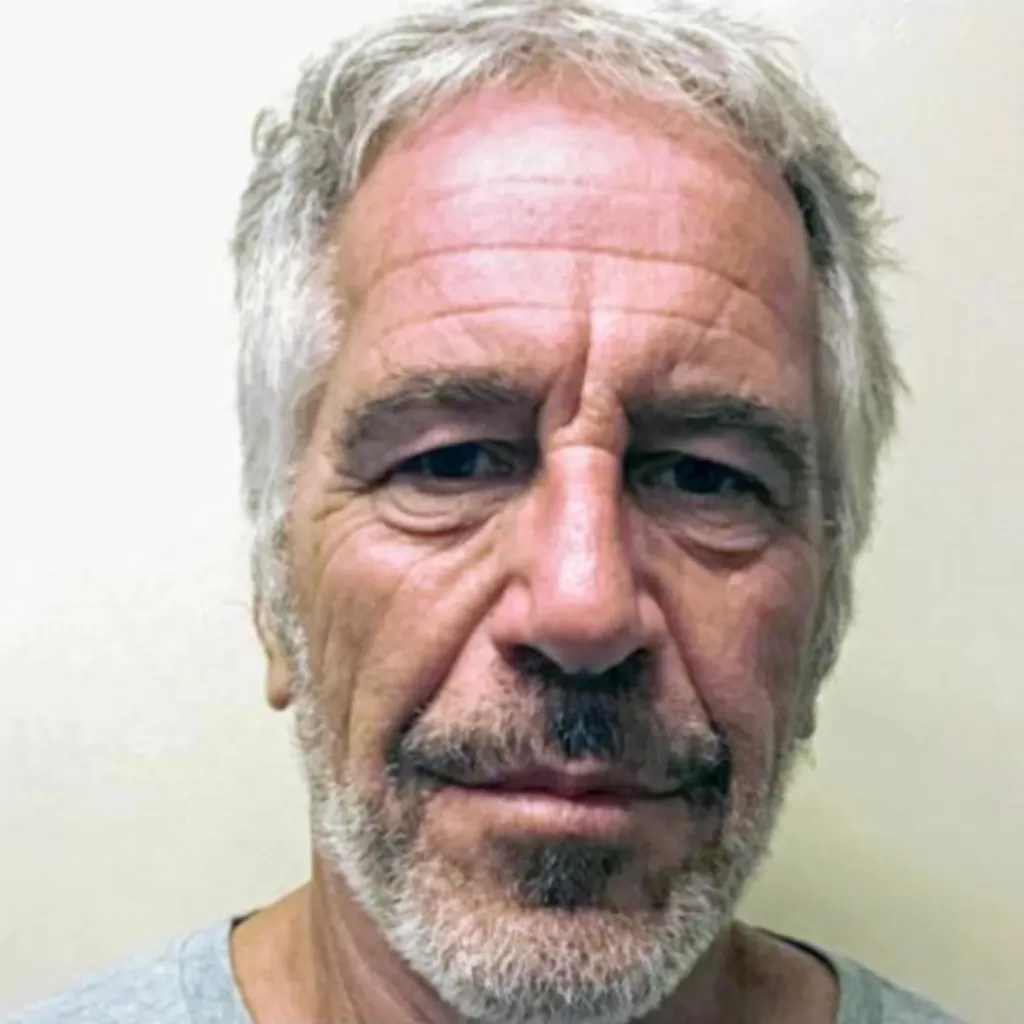House Oversight Subcommittee Votes to Subpoena Justice Department for Full Jeffrey Epstein Files

Washington, D.C. – On July 23, 2025, a pivotal development unfolded in the ongoing scrutiny of Jeffrey Epstein’s case as the House Oversight and Accountability Subcommittee on Government Operations and the Federal Workforce voted 8-2 to subpoena the Justice Department for the release of the complete, unredacted Jeffrey Epstein files. This decision marks a significant step toward uncovering the full scope of documents related to the late financier and convicted sex offender, whose case has long been shrouded in controversy and allegations of systemic cover-ups.
The motion to issue the subpoena was introduced by Rep. Summer Lee (D-Pa.), who emphasized the need for transparency in the Epstein case, which has drawn widespread public and congressional interest due to its implications for accountability among powerful figures. The vote saw bipartisan support, with three Republican representatives—Nancy Mace (S.C.), Scott Perry (Pa.), and Brian Jack (Ga.)—joining Democratic members in favor of the subpoena. This coalition overcame resistance from GOP leadership and President Donald Trump, who had reportedly expressed concerns about the scope of the document release.
The subpoena mandates that the Justice Department turn over all relevant Epstein files to both the majority and minority members of the committee. To address privacy concerns, amendments were adopted to redact the names of victims and exclude any material depicting child sexual abuse. Additionally, the subpoena seeks communications between Biden administration officials and the Justice Department regarding Epstein, which could shed light on how the case has been handled in recent years.
House Oversight Committee Chair James Comer (R-Ky.) must sign the subpoena for it to be formally issued. Comer has publicly confirmed his intention to do so, signaling his commitment to advancing the investigation. In a parallel move, Comer also issued a separate subpoena for Ghislaine Maxwell, Epstein’s former associate and convicted accomplice, to appear for a deposition on August 11, 2025, at the Federal Correctional Institution in Tallahassee, Florida, where she is currently incarcerated. Maxwell’s testimony is expected to provide further insight into Epstein’s operations and the network of individuals potentially implicated in his activities.
The Epstein case has remained a focal point of public and political interest due to allegations of high-profile connections and systemic failures in the justice system. Epstein, who died by suicide in a Manhattan jail cell in 2019 while awaiting trial on federal sex trafficking charges, was known for his extensive ties to influential figures in politics, business, and entertainment. The release of the full files could reveal previously undisclosed details about the handling of his case, including potential lapses in oversight or interference.
The bipartisan support for the subpoena reflects growing congressional frustration with the lack of transparency surrounding Epstein’s case. Rep. Mace, one of the Republican supporters, stated during the subcommittee meeting, “The American people deserve to know the truth, and we cannot allow these files to remain hidden any longer.” Similarly, Rep. Lee underscored the importance of protecting victims while pursuing accountability, noting that redactions would ensure sensitivity toward those affected.
However, the vote was not without contention. The two dissenting votes came from Republican members aligned with GOP leadership, who argued that the subpoena could set a precedent for overly broad document requests. Despite this opposition, the bipartisan coalition prevailed, signaling a rare moment of cross-party unity on a deeply polarizing issue.
As the process moves forward, all eyes will be on Chair Comer’s next steps and the Justice Department’s response to the subpoena. The release of the Epstein files could have far-reaching implications, potentially exposing new information about the case and its broader ramifications. Meanwhile, Maxwell’s upcoming deposition looms as another critical opportunity to uncover details about Epstein’s network and the events leading to his arrest and death.
This development underscores the ongoing quest for accountability in one of the most high-profile criminal cases in recent history. As the House Oversight Committee presses forward, the public awaits answers that could reshape the narrative surrounding Jeffrey Epstein and the systems that enabled his actions for decades.






